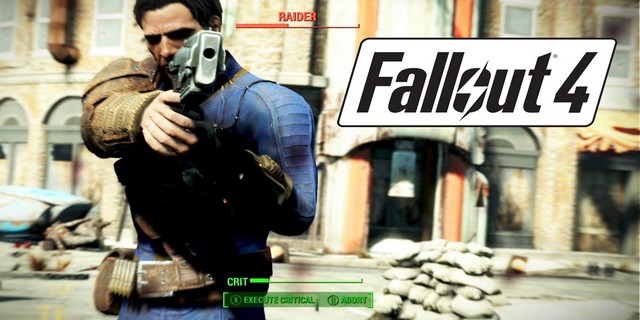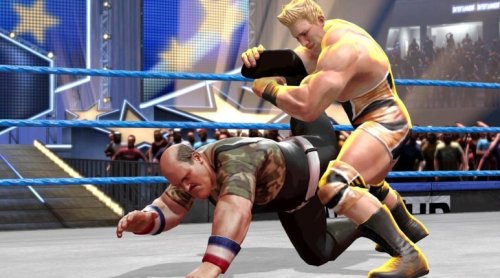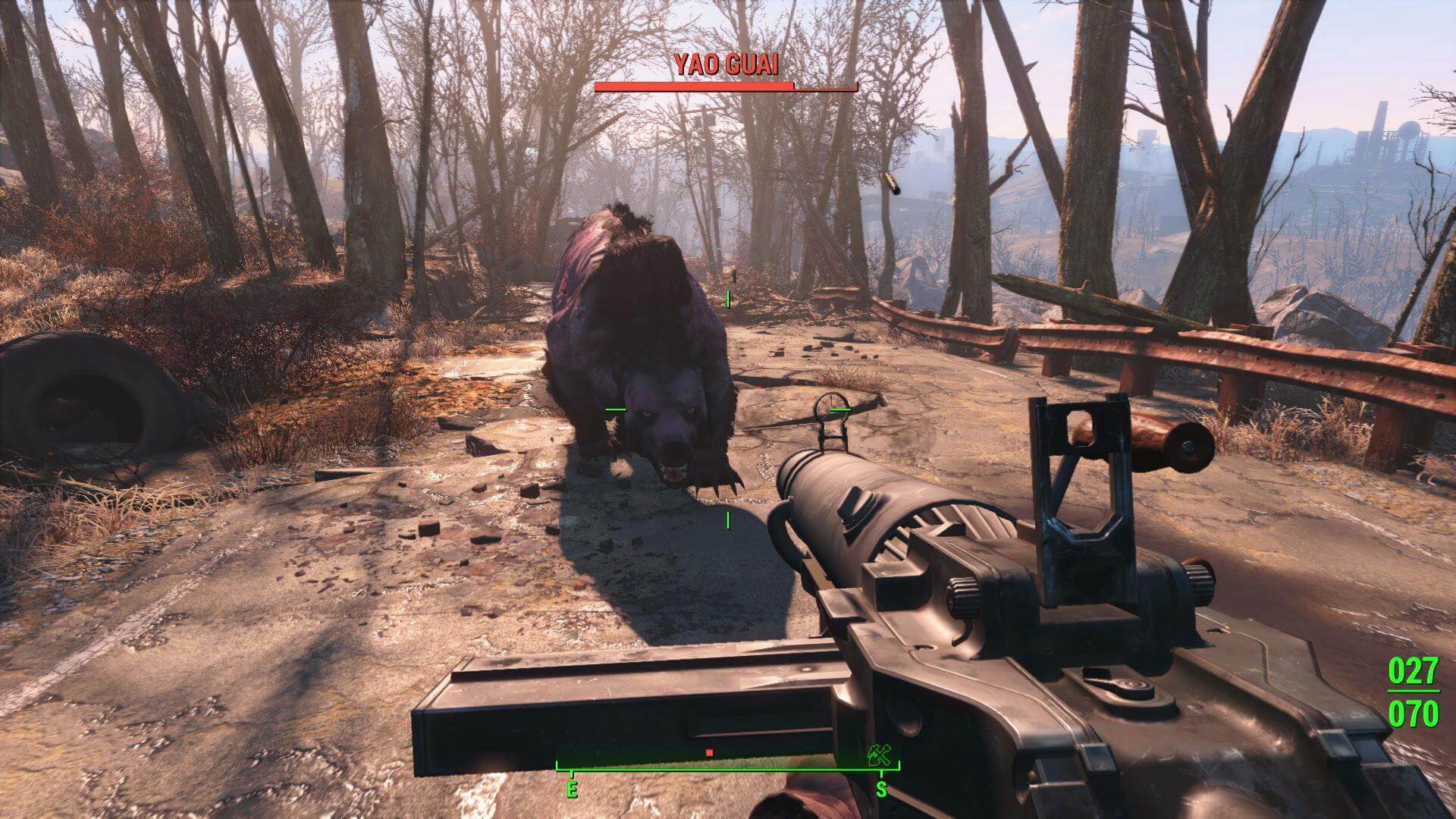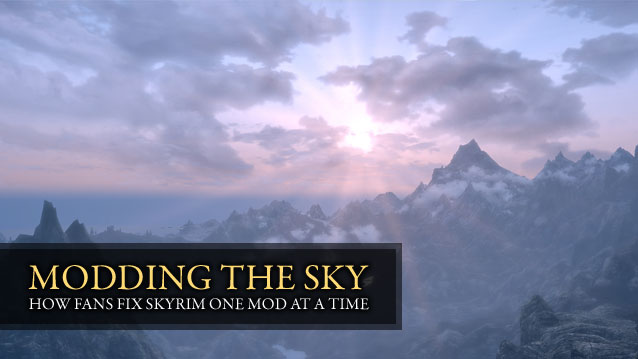

Game Rant’s Ben Kendrick reviews Voltron: Defender of the Universe
It’s been over nine months since we first got word that THQ had secured the rights to produce video games based on the 80’s cartoon, Voltron: Defender of the Universe. At the time, it was unclear what exactly the publisher had planned – and many Voltron fans braced for disappointment. Confidence in the project took another hit when Behaviour Interactive was announced as the game’s developer – the same team that underwhelmed Ghostbusters fans with the Sanctum of Slime.
Has the developer improved their twin-stick shooter format, balancing fun gameplay with inside nods to fans, in their downloadable Voltron: Defender of the Universe title? Or does this Voltron game fail to successfully connect the dynotherms and fire the mega thrusters?
Fortunately, despite a number of bizarre design choices and limited online functionality, Voltron: Defender of the Universe delivers plenty of nostalgia for fans of Voltron coupled with competent, not great, twin-stick gameplay – even if the experience wears a bit thin by the end.
The basic storyline is laid-out with a series of cutscenes from the original cartoon – specifically a mash-up of plot points from the Voltron episodes, “A Ghost and Four Keys,” “The Missing Key,” “Voltron Versus Voltron,” and “Zarkon Becomes a Robeast.” The inclusion of scenes from the retro cartoon definitely serve as an enjoyable trip down memory lane for fans of the show but, given that the story is pulled from multiple Voltron arcs, anyone who hasn’t seen the series will likely be underwhelmed by the patchy narrative.
Twin Stick Gameplay in 'Voltron: Defender of the Universe'
As a matter of fact, the disconnect between serving fans of the show and offering an accessible experience for non-fans is the biggest struggle for Voltron: Defender of the Universe. Behaviour Interactive included a staggering number of designs choices, gameplay mechanics, and tongue-in-cheek references that all draw from the series mythos. The environments are cell-shaded cartoon renderings, enemy types range from recreations of Drule armaments to exact three-dimensional renderings of three of the show’s most notorious Robeasts, and entering as well as exiting the pause menu cues Peter Cullen’s “Voltron will be back after these messages” and “We now return to Voltron” TV narration, respectively. Players can also earn bonus points for successfully hitting the correct QTE prompts during the game’s three Voltron transformation sequences.
Voltron: Defender of the Universe also features 5-player online, or two player local, co-op – where in the game continues the trend of prioritizing fan-service over superior game design. Co-op mostly means more characters and enemies on-screen at one time – as there are few moments where players will actually work as a team – except for a confusing collaborative experience whenever Voltron is formed. As Voltron, players alternate selecting and executing an attack (using a sliding accuracy bar) – while partners improve Voltron’s aiming (by steadying a moving crosshair) as he takes-on one of three boss-like Robeasts. The added co-op mini-game style of Voltron play definitely keeps everyone involved but the mech’s operations manual is sorely lacking and it’ll take players a little bit of trial-and-error to perfect the giant bot’s co-op attacks.
Voltron takes on Robeast King Zarkon
Unfortunately, despite the competent twin stick gameplay – which also includes heavy-hitting power-ups, a useful vertical jump move (for airborne enemies), as well as unique special attacks for each of the lions – co-op in the main game is problematic for two main reasons: 1) the Voltron lions share an extra life bank – meaning that when the team burns through all of their lives, deceased players have nothing to do but sit and wait for the remaining Voltron lions to clear or fail the level. 2) We experienced numerous problems with online play. The game doesn’t allow for local co-op players to be joined by party members online and there’s no drop-in/drop-out option – which means, should the network get gummed up and the team is disconnected, Voltron: Defender of the Universe makes no attempt to get everyone back in the game. Instead, players each continue solo for the remainder of the level – until everyone can back out and tackle the next level together.
It’s easy to see that Behaviour Interactive was significantly more interested in creating a love-letter to Voltron fans than a competent gameplay experience that features even the most basic online functionality or gameplay tutorials (most notable in the Voltron segments). Ultimately, there’s a decent amount of variety in the gameplay, with roughly three different game modes (twin stick shooting on the ground and in space as well as the turn-based Voltron sequences), but none of the modes really stand-out and, without the Voltron license, would offer nothing more than middle-of-the-road experiences.
Voltron fans will likely find that Voltron: Defender of the Universe is worth the $9.99 cost of admission (for nostalgia and a couple hours of harmless gameplay) but, for gamers who don’t already have a relationship with Voltron, there are plenty of twin stick shooters available on XBLA and PSN that offer a superior package.
–
Follow me on Twitter @benkendrick.
Voltron: Defender of the Universe is available now on XBLA and PSN.



